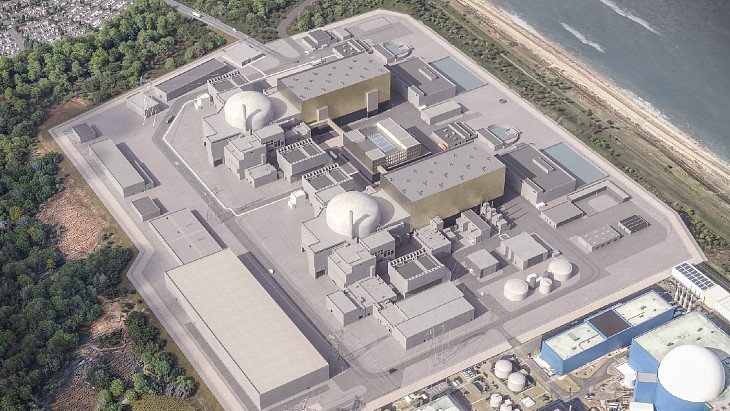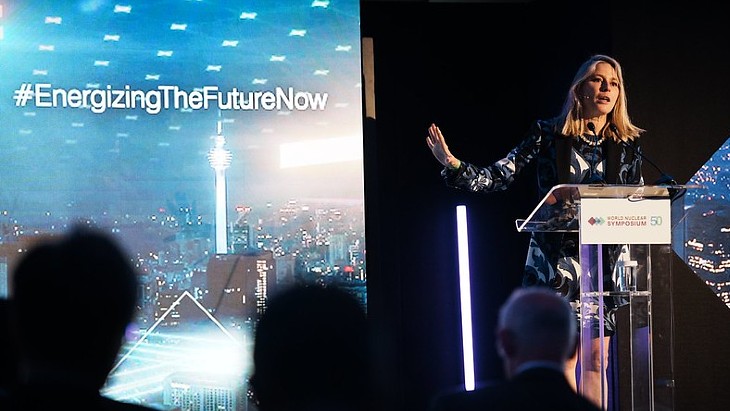Prime Minister Narendra Modi has laid down the roadmap for clean energy transition through "bold climate commitments" which are reflected in India's updated nationally determined contributions - the NDCs - under the Paris climate agreement, Singh told the workshop. India has already "taken steps" for a clean-energy transition with aims to achieve net-zero by 2070, he said.
"Nuclear, in terms of baseload power, can now play a big role in the decarbonisation strategy and it is in this context that the role of nuclear energy will be critical for clean energy transition, not just of India but for the entire world," he said. "Small modular reactors - the SMRs, as we call them - with up to 300 MW capacity, by nature are flexible in design and require a smaller footprint," he said.
Their "mobile and agile technology" means that SMRs can be factory built - unlike conventional nuclear reactors that are built on site - and also offer significant savings in terms of both cost and shortened construction times, he added. "SMRs are a promising technology also in industrial decarbonisation, especially where there is a requirement of reliable and continuous supply of power. It is also said that a SMR is simpler and safer as compared to large nuclear plants."
The future role of the private sector needs to be "extensively explored" in the development of SMR technology within India, he said, adding that technology sharing and the availability of funding are the "two crucial links" for ensuring commercial availability of SMR technology within the country.
Singh has shared a video of his address to the conference on Twitter.

.jpg)



_55530.jpg)
_42372.jpg)
_37521_70699.jpg)

_76087_55556.jpg)




